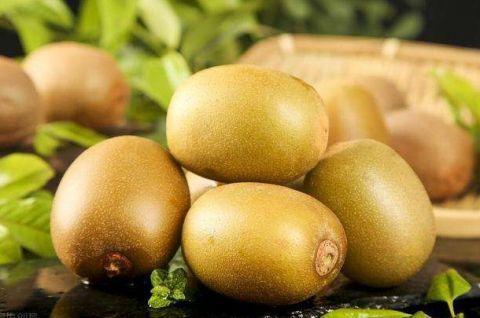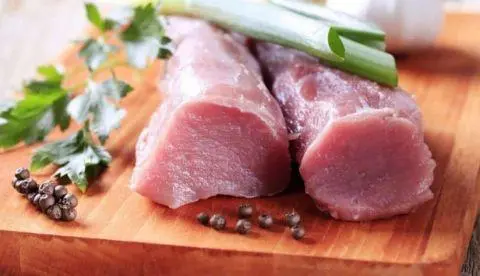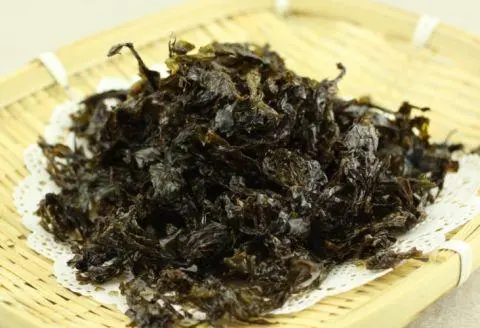Why do some people feel that it is still very cold to wear thick clothes?how to increase muscle mass
Finally found the answer today!
Notice! These organs are the most afraid of cold!
Heart: induced myocardial infarction
When the weather is cold, in order to supply energy to the body, the heartbeat will speed up, and the oxygen consumption and workload of the heart will also increase. At low temperatures, the blood is thicker and the flow rate is slower, which further increases the burden on the heart.
Lungs: easy to cough when exposed to cold
Walking against the cold wind, sometimes short of breath, constant coughing, nausea and vomiting. This is because cold, dry air can dry out the nose, irritate the throat area, and constrict the small airways, causing respiratory stress.
Blood vessels: easy to contract when exposed to cold
Winter is the “devil season” of cardiovascular and cerebrovascular. Cold stimulation will make people’s sympathetic nerves excited, resulting in increased cardiac contractility, peripheral vasoconstriction, and increased systolic and diastolic blood pressure.
Nose: cause colds, rhinitis
The nasal mucosa is covered with blood vessels, which can make the nose play an important role in filtering, regulating temperature and moisturizing. When the cold air strikes in autumn and winter, it will cause irritation to the nasal mucosa, itching and sneezing in the nasal cavity.
Increase muscle mass Improve cold hands and feet
Many people have cold hands and feet in winter and are very afraid of the cold. The doctor said that one is that the weather is really cold, and the other is that it is cold because its own heat production is not enough. Most of the calories come from muscles, so being fat does not mean that you are not afraid of cold.
When choosing down jackets, keep these 5 points in mind!
①Down is divided into “feather” and “down”, the same gram of down, the higher the down content, the warmer it is;
②Goose down has better thermal insulation than duck down;
③ After pressing or holding, the quality of down that rebounds quickly is good;
④ The quality is good if you can touch a small amount of small hairy stems with soft hand feel;
⑤ Gently tap to see if it will drill down.
Master these little tricks
Mom doesn’t have to worry about me being cold anymore!
5 nutrients to help you keep warm
“Afraid of the cold”
Don’t forget to add a little nutrition this season
missing them
Reduces the body’s ability to resist the cold
If you don’t want to be frozen, replenish it in time↓
Vitamin C represents food: fresh jujube, kiwi
This nutrient is closely related to adaptation to cold. Studies have shown that adequate intake of vitamin C can significantly enhance the body’s tolerance to cold. (Recommended by the Chinese Nutrition Society, adults should consume 100 mg of vitamin C per day) Dark vegetables such as bell peppers and tomatoes, as well as fruits such as citrus, lemon, fresh jujube, and kiwi are rich in vitamin C.

B vitamins represent foods: coarse grains, rapeseed
Vitamin B1, vitamin B2, and niacin are all closely related to energy metabolism and thermogenesis. Vitamin B1 is mainly found in whole grains such as oats, nuts, lean pork and animal offal. Foods rich in vitamin B2 include animal egg yolks, dairy products, spinach, and cauliflower. Foods rich in niacin are whole-wheat products, brown rice, beans, sesame seeds, peanuts, mushrooms, etc.
Iron on behalf of food: lean meat, egg yolk
American scientists have found that most women who are afraid of cold have insufficient iron in their bodies. Once iron is supplemented, their symptoms will improve.
Iron is involved in heme synthesis in the body and is closely related to the oxygen supply of body tissues. The lack of oxygen will cause the energy metabolism of the body to be disrupted, resulting in insufficient heat production, and it will naturally feel cold. Iron-rich foods include animal liver, blood tofu, etc.

Calcium represents food: milk, green leafy vegetables
Calcium helps regulate muscle contraction and relaxation. In winter, the sunshine time is short, and the body’s synthesis of vitamin D is insufficient, and the absorption and utilization of calcium will be affected, resulting in calcium deficiency. In addition to the usual sun exposure, you can also eat more calcium-rich foods, such as soy products and nuts.
Iodine representative food: kelp, seaweed
Iodine is an important raw material for the synthesis of thyroxine. Thyroxine promotes the conversion of protein, carbohydrates, and fats in the body into energy and protects against cold. If iodine is deficient, the raw materials for synthesizing thyroxine are deficient, and the ability to keep out the cold will be reduced accordingly. Appropriately eat some foods rich in iodine, such as sea weight, shellfish and so on.

Read more tips about health and fitness http://www.growmorehealth.com
